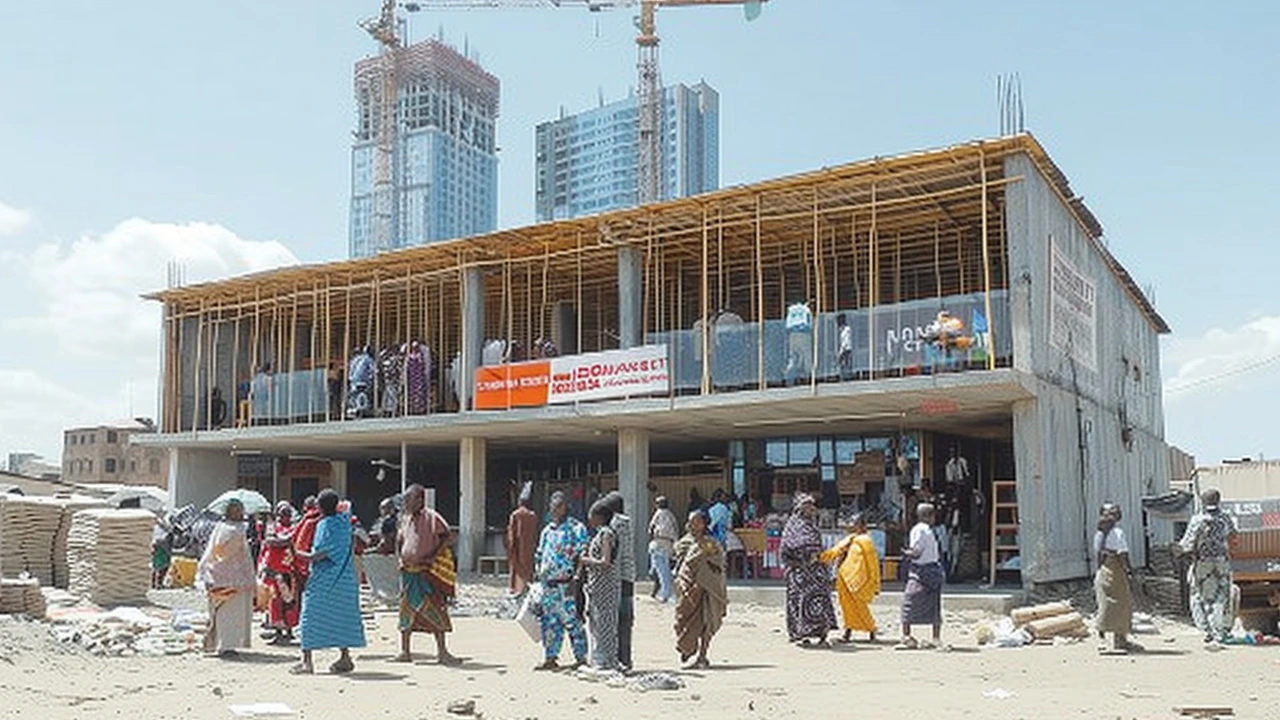Economic Growth in Ethiopia: Opportunities, Jobs, and Wealth in 2024
Did you know Ethiopia has been one of Africa's fastest-growing economies in the past decade? It’s true. The changes happening here affect everyday life: from new job openings to rising salaries and more chances to invest.
Ethiopia’s growth isn’t just numbers on a report. You see it on the streets of Addis Ababa—new buildings, more people moving to cities for work, and a serious push to boost industries like agriculture, tech, and manufacturing. For anyone job hunting or aiming to grow their income, these trends signal fresh opportunities.
Let’s talk jobs. Demand is highest in sectors like tech, healthcare, construction, and education. If you have skills in these fields, your earning potential is rising. Even traditionally lower-paid fields like teaching and pharmacy are seeing salary boosts as the economy matures. Plus, there’s a real hunger for entrepreneurial ideas, whether in farming, i.e., exporting coffee, or jumping into e-commerce.
Wealth in Ethiopia isn’t just about billionaires. While the country has some big-name business moguls, there’s a growing wave of new millionaires—especially those willing to hustle in agriculture, technology, or local entrepreneurship. The gap between the rich and the average worker is still wide, but success stories are real, and they often start with understanding the local market and grabbing high-demand opportunities.
Thinking of investing? The minimum needed will depend on your chosen industry, but there’s demand for everything from small retail shops to large-scale agricultural projects. Foreign investment is climbing, and government incentives make many sectors—especially manufacturing and agrobusiness—worth a second look.
What about cost of living? Addis Ababa isn’t cheap if you want all the modern comforts, but plenty of people find affordable options without going broke. Rents and daily expenses are generally lower than in Western cities, but regional differences matter. Salaries also reflect this spread; metropolitan workers usually make more than those in rural regions. Understanding average incomes and spending is key for both job seekers and business owners.
If you’re not from Ethiopia, it’s still possible to work here—especially with the right expertise. You'll need a work permit, and salary expectations should be managed to match local rates.
For those earning online, it’s getting easier. Freelancing, teaching, importing goods—these side gigs are adding new layers to household incomes as internet access widens. The big digital hurdle? Payment systems like PayPal aren’t straightforward yet, but creative workarounds exist.
All in all, Ethiopia’s economic growth is opening up opportunities for locals and foreigners alike. Whether you’re a job hunter, business dreamer, or investor, real data and local know-how can turn that growth into your next big thing.









